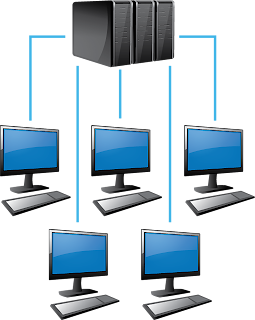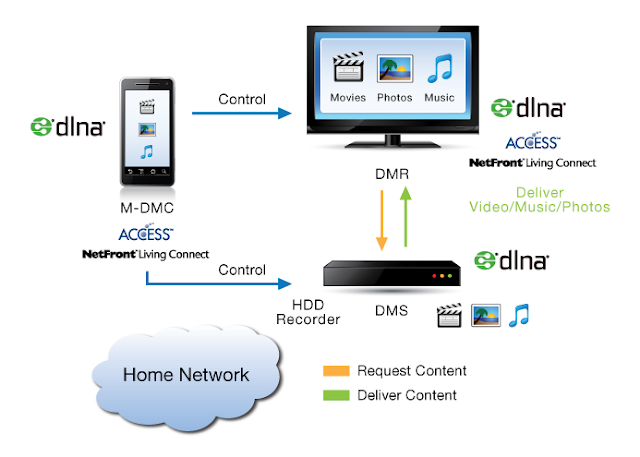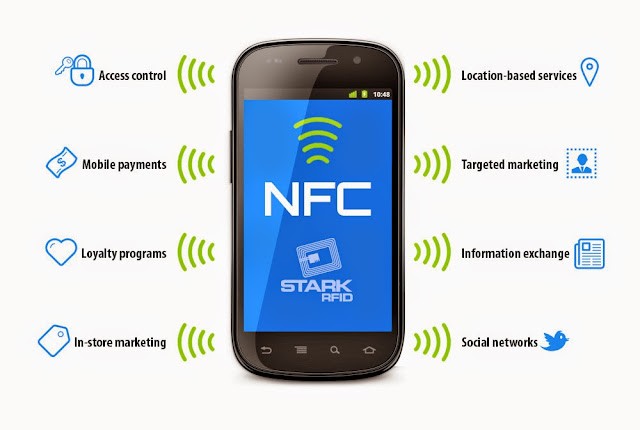What is DHCP or DHCP server?
What is DHCP or DHCP server or DORA?

DHCP
DHCP is an abbreviation of Dynamic Host Configuration Protocol, it is a protocol that helps you to gain an IP address whenever your device boots up in the personal or public network. It provides a dynamic IP address from the IP pool for your device. Clint DHCP uses port 68 and 67 for servers to listen to requests in a network.
Whenever a device boots up it uses DORA(Discover Offer Request Acknowledge) concept, which works like the below:
At boot-up time device sends a broadcast request known as discover request in the network, the DHCP server or DHCP agent listens to that request and offers an IP address to the device, the device then sends a request back to the agent or server, and thereafter the requested IP address is acknowledged by the agent or the server.
As we know DHCP provides a dynamic IP address from the pool so to utilizes fewer IPs mostly agent and DHCP servers are configured in such a way to expire lease soon. On a DHCP server by default that lease is for eight days, Although, you can increase it as per your needs.
So, eight days or any number of days lease means the IP was assigned to a particular client or computer will be freed that further can be assigned to another computer. Whenever your PC boots up after lease ends its requests for the new IP and the computer got a new IP for further connectivity. It is a DHCP server that assigned IP addresses to each and every device in your network.
If you don’t want such kind of IP change headaches you can go for Static IP. For more information on IP addressing please visit my blogposts about the IP address.
on a DHCP server, we have options that are set to achieve various tasks like WDS set up or DHCP agent service.
DHCP Server
DHCP Server is a computer where DHCP service is running, there is a DHCP server in every organization otherwise there would be a DHCP server available to fulfill your request set up by your service provider or ISP. Most of the time your router does this task for you because it may have DHCP agent functionalities to reduce the server’s overhead.
On a DHCP server, you can create an IP pool, reserved IP address which is not assigned to anyone for special purposes.


Your posts helped me to learn a lot about the various networking topics quite easily. it will be helpful if you are sharing some more detailed information on the various ip address topics. ipv4 address hope that you will share the details soon.
ReplyDelete